Jammu Kashmir Assembly Election, The term of elected panchayat bodies in Jammu Kashmir1 is about to end.
After this, the term of the last elected bodies here will end. But even after this, the dates of local body or assembly elections have not been announced.
Table of Contents
Jammu Kashmir2: The five-year term of elected panchayat bodies in Jammu Kashmir will end Today, i.e. on Tuesday, 9th January 2024, This will bring the term of the last elected bodies in the union territory to an end. There are no signs of local body or assembly elections yet. The panchayat members were elected in December 2018 and those who remained vacant in the 2018 election were filled by re-election in December 2020.
The first District Development Council elections were held in Jammu Kashmir3 after the abrogation of Article 370. The five-year tenure of panches, sarpanches, and block development councils will end on Tuesday. However, the District Development Council will remain intact and their five-year term will end in 2026. The J&K LG administration and the BJP-led central government have been pushing for democracy and representation for the people of Jammu and Kashmir at the grassroots level by holding panchayat and DDC elections.
However, the central government and the JK4 administration are yet reluctant to hold these elections, as there have been no indications from the Indian government. The last assembly election was held in 2014 and since 2018 when the BJP withdrew its support to the PDP, Jammu and Kashmir has been under the LG-ruled President’s rule. The tenure of urban local bodies ended between November and December and these elections are also going to be held soon.
The panchayat body representatives believe that the Government of India is not holding local body elections, which, according to them, provides development and democracy at the grassroots level to the people of J&K in the absence of MLAs. The State Election Commissioners are reviewing the electoral rolls for panchayat bodies by the end of this month but are not committed to holding these elections.
Jammu and Kashmir Panchayati Raj Andolan president Ghulam Hassan Panju said the central government and the state election commission were violating the Panchayat Raj Act which states that elections should be held two months before the tenure of previous bodies ends. Panju said that the BJP government is promoting grassroots level and good governance, but on the other hand, it is replacing elected bodies with bureaucracy, which is against the Panchayat Raj Act.
He said the State Election Commissioner should announce the holding of panchayat elections before the Parliament elections. All Jammu and Kashmir Panchayat Conference president Anil Sharma said that the Government of India should hold Panchayat and Urban Local Body elections along with Parliament elections. Sharma told ETV Bharat that when the security situation is favorable for them, the government is wasting time by not holding elections and depriving the people of Jammu and Kashmir of elected representatives.
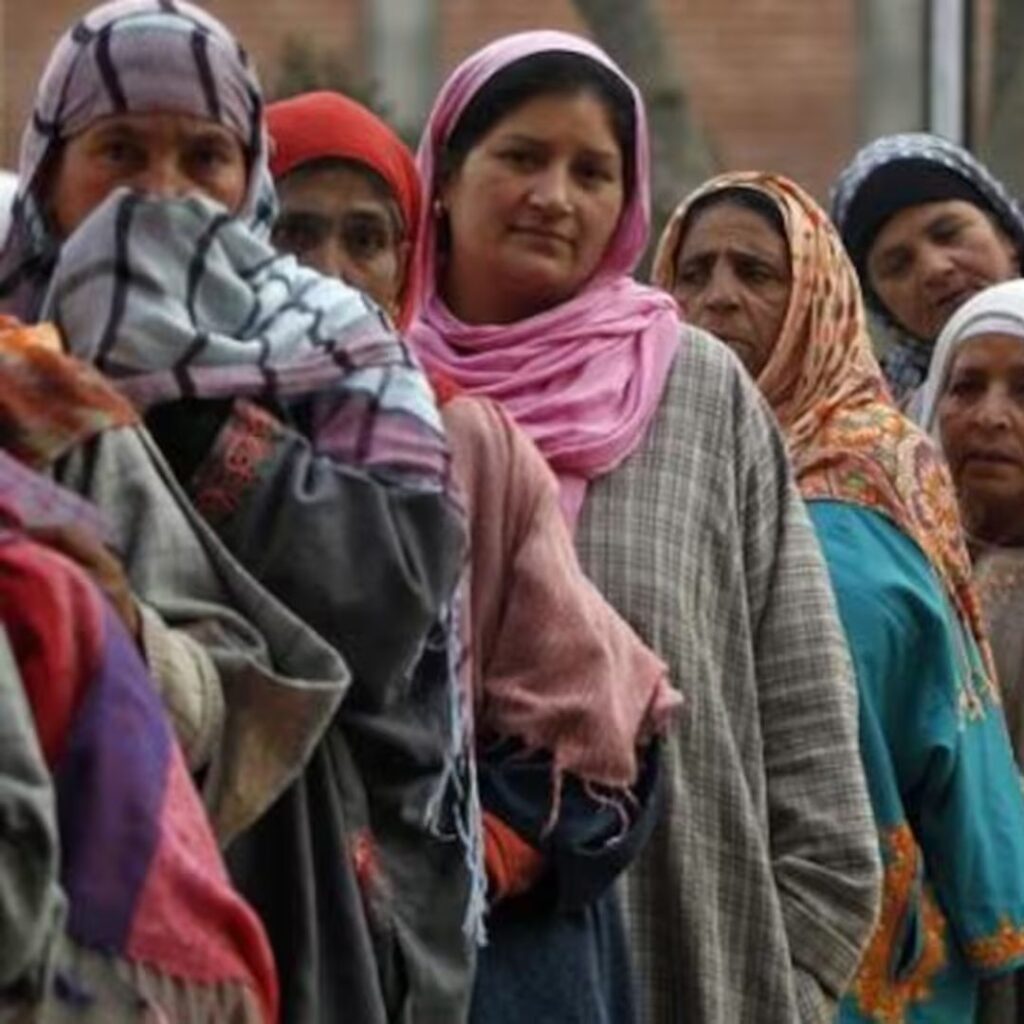
Demand to secure two seats for Kashmiri Hindus in the valley.
The issue of safe seats for Kashmiri Hindus has once again come up in the valley. The All India Migrant Camps Coordination Committee has said that the government should be serious about addressing the genuine problems of Kashmiri Hindus. For them, two assembly seats in Kashmir should be reserved.
Demand for Kashmiri Hindus
Des Ratan, the head of the committee, said in a press conference that even though the central government has recently reserved two seats in the assembly for Kashmiri migrants, the government will nominate two people for these seats. We want instead of nomination, the government should reserve two assembly seats in Kashmir for Kashmiri Hindus and hold elections to fill them.
The land of Kashmiri Hindus has been encroached upon
He further said that all parties will give tickets to Kashmiri Hindus on these two seats of Kashmir and the one who wins in the elections will represent Kashmiri Hindus. Therefore, the government should change its formula. Des Ratan said that Kashmiri Hindus have been suffering for the last 30 years. His house, property, etc. have been left in the valley. The land of Kashmiri Hindus has been encroached upon. They are not being heard.
Home Minister Amit Shah’s visit to Jammu Kashmir5 canceled due to bad weather
Union Home Minister Amit Shah‘s supposed to visit Jammu on January 9 was canceled due to bad weather. During this visit, he was scheduled to hold a high-level security meeting to review the security scenario and preparations for the Lok Sabha elections. This would have been his first tour of 2024. Jammu Kashmir BJP state president Ravinder Raina informed about the cancellation of his visit.
Union Home Minister Amit Shah’s visit to Jammu Kashmir on Tuesday was canceled due to bad weather. The decision was taken due to the prevailing bad weather conditions and forecast. Earlier, BJP national president JP Nadda’s visit was also postponed due to bad weather.
The foundation stone of many projects was laid
Home Minister Amit Shah was scheduled to participate in the central government’s ‘Viksit Bharat Sankalp Yatra‘ in Jammu Kashmir and visit the union territory to inaugurate projects worth Rs 1,379 crore, including e-buses, and lay the foundation stones for projects worth Rs 2,348 crore.
Home Minister reviews security and law and order situation
The home minister was also scheduled to review the security and development of Jammu and Kashmir and had planned to visit ‘Dera Ki Gali’ in the Poonch sector and meet the families of civilians killed recently in the area, a home ministry official said. They were also scheduled to distribute appointment letters to several youths in Jammu on compassionate grounds, the officials said.
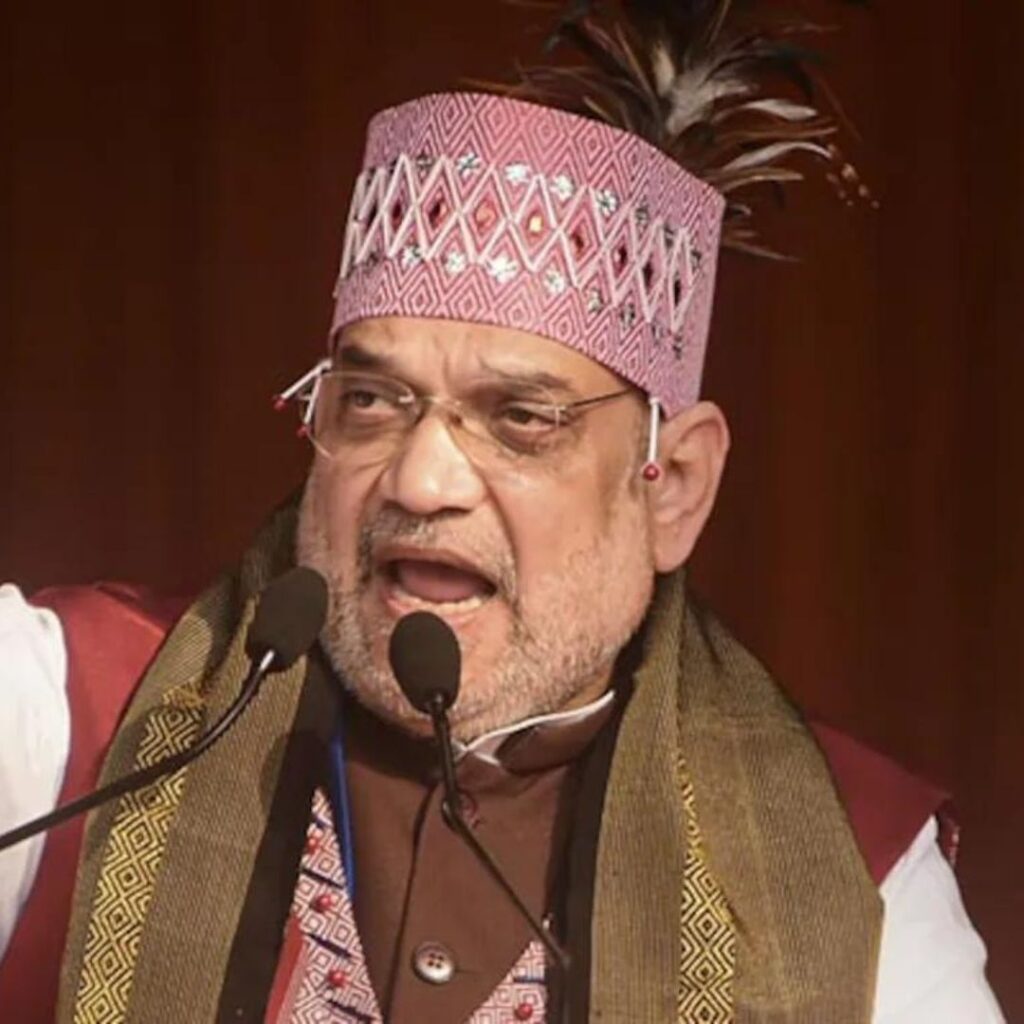
Union Home Minister Amit Shah was Supposed to visit Jammu on January 9 to review security in the aftermath of the terror attack in Poonch, Jammu Kashmir. The likely visit of the Home Minister comes weeks after the Poonch terror attack in which heavily armed militants ambushed two Army vehicles. Four soldiers were killed in this terrorist attack, while two were injured.
Earlier, Defence Minister Rajnath Singh and Army Chief General Manoj Pande visited Jammu Kashmir after the Poonch attack. Sources said that during his visit, Amit Shah will visit forward areas and take stock of anti-terrorist operations in the region. During this time, Amit Shah can also hold a review meeting on security.
Apart from this, Amit Shah could also hold a meeting of top BJP leaders of Jammu Kashmir, In which he could get information about the election and the status of the party in Jammu Kashmir.
Shah held a meeting on 2 January
On January 2, Amit Shah also chaired a meeting on security in Jammu Kashmir after the Poonch terror attack. The meeting discussed better coordination between the police, Army, and central armed forces to strengthen security arrangements.
The terrorists attacked after doing Recce
On December 22, there was a terrorist attack in Poonch-Rajouri of Jammu and Kashmir, in which four army soldiers were killed. The terrorists targeted two army vehicles. Two soldiers were also seriously injured in this. 3-4 terrorists were involved in this attack on Dhatyar Mor between Dera Ki Gali and Bufliyaz. The attack took place at such a place, which showed that the terrorists had Recce the place before carrying out the incident and had themselves gone up the hill, from where they started firing.
Civilians in Jammu Kashmir6 treated like terrorists: Mehbooba Mufti
Peoples Democratic Party (PDP) chief Mehbooba Mufti on Sunday said the Centre was holding talks with militants in the northeast but treating ordinary citizens in Jammu Kashmir like terrorists. Speaking at a function at Bijbehara in Anantnag district, Mufti said, “We will not bow down, we will not raise the white flag. If you speak to us with respect, we will respond with respect. However, if you talk to the poles as you did in Baffliaz, it won’t work.”
The PDP president paid tributes to her father and party founder Mufti Mohammad Sayeed at his grave and addressed party workers and supporters on his eighth death anniversary. Mehbooba Mufti said that on the one hand, the Centre is holding talks with militants in the Northeast, and on the other hand ordinary citizens in Jammu and Kashmir are being branded as terrorists.
She questioned “There (in the Northeast) you negotiate with militants, while in Jammu Kashmir you brand common people as terrorists. You have filled jails by making arrests (one after the other). Enforcement Directorate, NIA, and SIA are conducting raids…Does anyone treat their people like this?” The former chief minister said the Centre should learn from the approach adopted by his late father in dealing with separatists.
She advised and said “Learn something from Mufti Sahab… He tried to connect people’s hearts. He also gave away to the separatists so that they could live in this country with dignity. Mufti has never said anything wrong…They always held the same flag but only said that the people of Jammu Kashmir want peace with honor,” She said. Party co-founders Muzaffar Hussain Baig and his wife Safina Baig rejoined the party after nearly four years. Safina Baig is the chairperson of the District Development Council Baramulla.
Farooq Abdullah’s unfortunate statement
After the Rajouri terror incident, Farooq Abdullah’s unfortunate statement came – ‘Friends can be changed, neighbors cannot be changed…If this is not resolved through dialogue, then our fate will be the same as what is happening to Gaza and Palestine. ‘
Let us Understand Why Such Statements came from Leaders of Jammu Kashmir
Whether it is Mehbooba Mufti or Farooq Abdullah, they are all great advocates of talks with Pakistan. Suppose talks take place, Pakistan will want the area of Kashmir Valley after the restoration of 370. But now the Kashmir Valley is not on the negotiating table. Our only issue there is PoK. Therefore, there is no common ground for negotiations in terms of old issues.
What talks are to be held now? Pakistan’s condition is that there will be no talk till the restoration of Article 370. If it is not to be restored, then it is clear that there is no dialogue either. The situations of dispute in India-Pakistan have so far maintained the power prospects of the Sheikh Abdullah family. Mufti Mohammad Sayeed also later joined this conservative club.
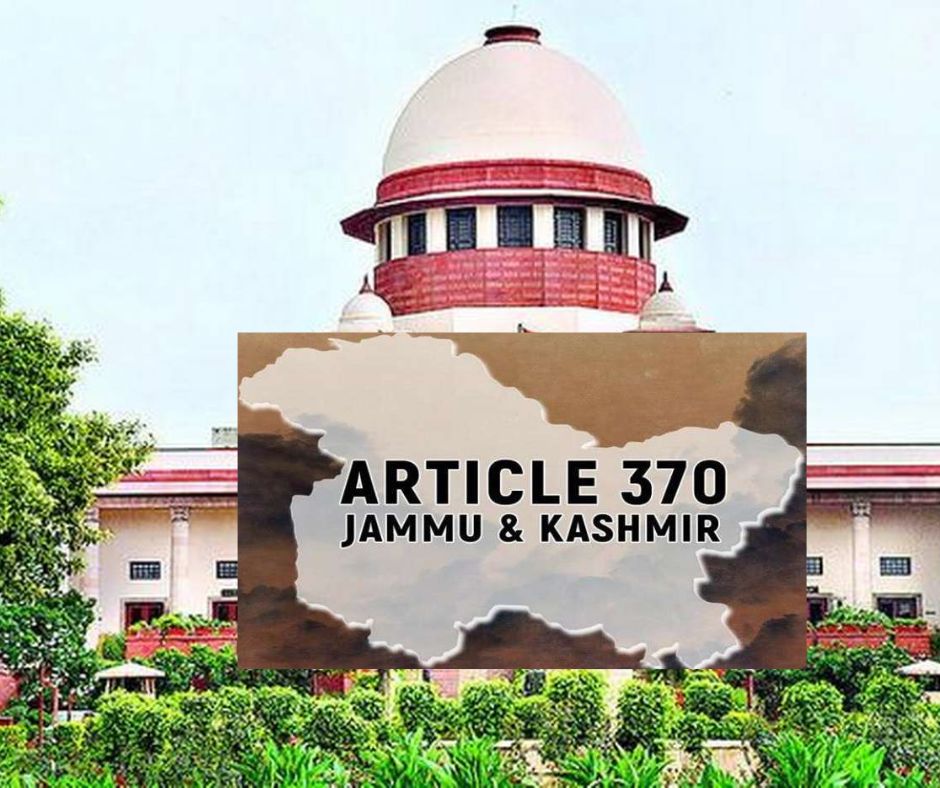
Sheikh Abdullah’s ambition was for an independent self-faced Kashmir. Joining Pakistan would have ended not only his dream but also his political existence. That is why he stood with Nehru-Gandhi’s non-violent secular India. The sudden halt to the Indian Army chasing Pakistani tribesmen at Uri had the advantage that the Punjabi Dogri language-speaking area, the political opponent of the Sheikh, remained outside India and came into existence as Pak-Occupied Kashmir.
Therefore, for the Sheikh to remain in power in Kashmir, the army needed not to advance from there. Second, give special rights like Article 370 to Kashmir. Since Mountbatten had made Nehru announce the plebiscite, there was a compulsion to obey Sheikh Abdullah’s words, which led to the birth of Article 370. However, it was also opposed in the Constituent Assembly.
As a symbol of Kashmir’s identity and privilege, Article 370 became the basis that gave a political basis to the separatist thinking there. For both the Abdullahs and the separatists, protecting this privilege became the goal. That is why the pain of the neutralization of 370 still suffers a lot for these leaders.
However, the privilege is gone, with Ladakh becoming a separate union territory, that detail seen on the map has also disappeared. Jammu is happy, listening to the cries of power. Therefore, the peace, development, and prosperity of record-breaking tourism in Kashmir are not being tolerated by those leaders. They are imagining Gaza here and seeing ghosts in it.
After the panchayat elections, a new crop of local grassroots leadership is developing in Jammu Kashmir. They have choices today that they never had before. The whole of India today is a vast possibility. So the political generation, which grew up in the old privileged, alienated atmosphere of privileges, is in crisis today. With the passing year 2023, his pessimistic outbursts and the old chord of talks with Pakistan are nothing more than a lament.
At Last From aAditri Digital
In the complex landscape of Jammu Kashmir7, the culmination of the five-year term for elected panchayat bodies on January 9, 2024, marks a critical juncture. Despite the evolving political dynamics since the abrogation of Article 370, the delay in announcing dates for local body or assembly elections raises concerns and questions about the commitment to grassroots democracy.
The demand for reserved assembly seats for Kashmiri Hindus adds another layer of complexity to the political narrative, emphasizing the need for inclusivity and representation. The cancellation of Union Home Minister Amit Shah’s visit due to adverse weather conditions underscores the challenges faced in the region, affecting both political engagements and developmental initiatives.
The assertion by Mehbooba Mufti that civilians in Jammu Kashmir8 are treated like terrorists highlights the delicate balance required in addressing security concerns without alienating the local population. The unfortunate statement by Farooq Abdullah reflects the ongoing struggle for relevance in a changed political landscape.
As new grassroots leaders emerge post-panchayat elections, the region stands at the crossroads of opportunity and challenge. The reluctance to hold timely elections raises questions about the commitment to democratic principles, leaving the people of Jammu Kashmir in anticipation and underscoring the need for a transparent and participatory political process. In this evolving scenario, the decisions made in the coming months will shape the future trajectory of the union territory.
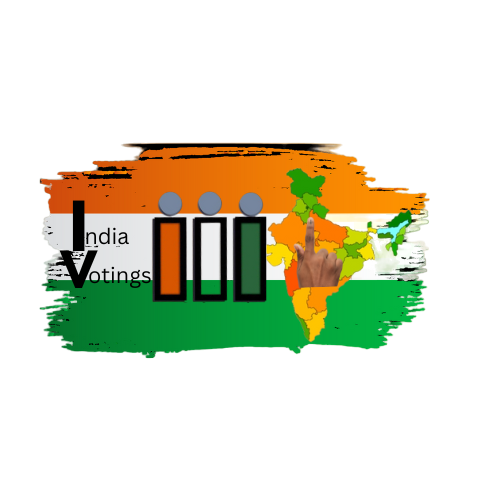
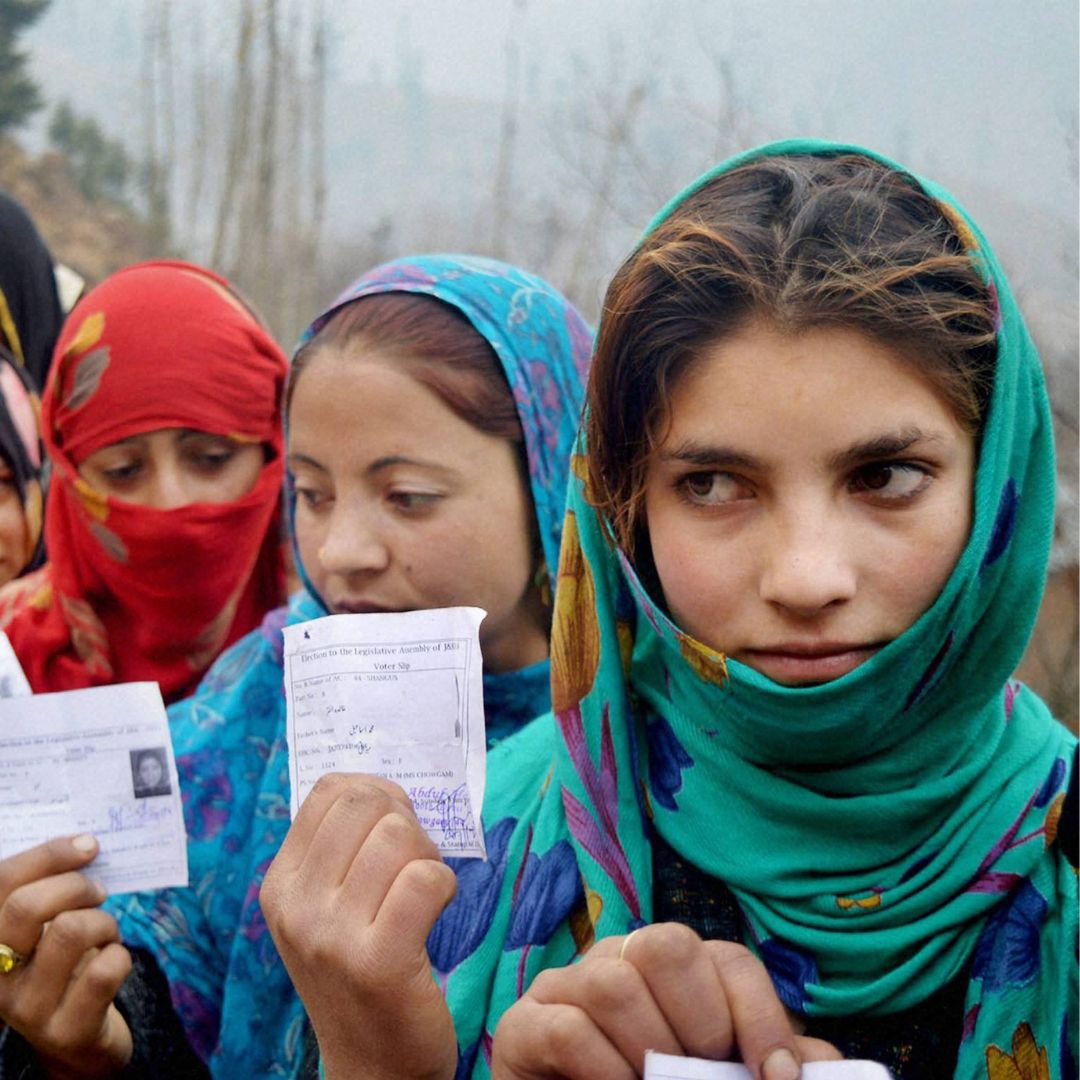



Leave a Reply